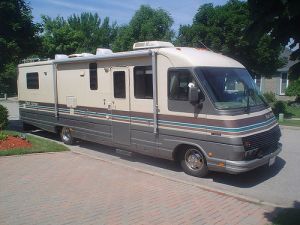 These days you can buy nearly anything online, even your insurance. Although it may seem like you are saving time and money by obtaining a policy online, it may not be so convenient later.
These days you can buy nearly anything online, even your insurance. Although it may seem like you are saving time and money by obtaining a policy online, it may not be so convenient later.
One of the biggest advantages of working with an agent is that they have time to sit down and talk with you, in turn allowing you to establish a one on one relationship. Just one visit with an agent can prove to be beneficial in respect to knowing what your options are and choosing the best possible coverage that fits your needs. In addition to this, based on your answers to a few simple questions, an agent is able to find possible discounts that you may be qualified to receive. Purchasing insurance can sometimes be stressful and an agent can alleviate some of that stress, if not most of it just by understanding and being able to relate to you. After all, we are human and it’s comforting to know that someone has your best interest at heart.
Ben Franklin said it best, “Time is money”. Although an online agency provides you with a phone number where they can be reached, you may not be able to speak with a live person. I’m sure that we have all experienced the downfalls of 800 numbers and the “customer service” they provide. One could spend 30 minutes or more being looped from one automated message to the next only to reach a live person who ends up transferring you somewhere else. Being able to reach your agent by phone without having to guess which automated option to choose can save you both time and aggravation.
One final advantage to working with an agent who is local is that they can work with you in regards to your coverage. They can adjust your limits and/or deductibles without sacrificing the important coverage that you need resulting in a policy that is tailored just for you and your pocketbook. Online agencies give you the freedom to choose the coverage you want according to what you can afford, but an agent can recommend coverage that will protect you and your family all while keeping you within your budget.
For example, the required liability coverage amounts in the state of Arizona are 15/30/10. Sure, you may get a huge savings up front, but will you pay for it in the end? If you cause an accident which results in bodily injury more than $15,000 or property damage more than $10,000, you are financially responsible. Just to give you an idea, according to the National Safety Council, the average cost of injury in a car accident is $61,600 and the average price of a new vehicle is a tad over $30,000 according to Forbes. Saving a couple of dollars by reducing coverage could cost you thousands in the long run.
With all of the decisions that you make in life, don’t let choosing the right policy overwhelm you when you have an agent right who is right around the corner. Make an appointment today by calling us @ 480-288-5900. We can help you protect what matters most!


